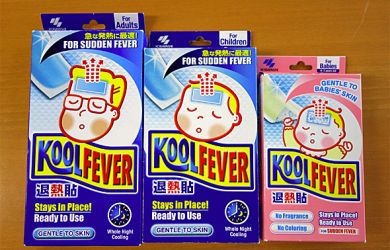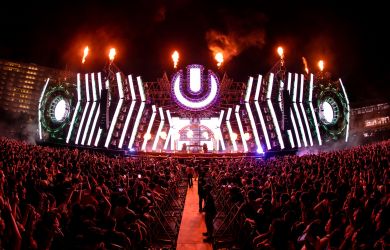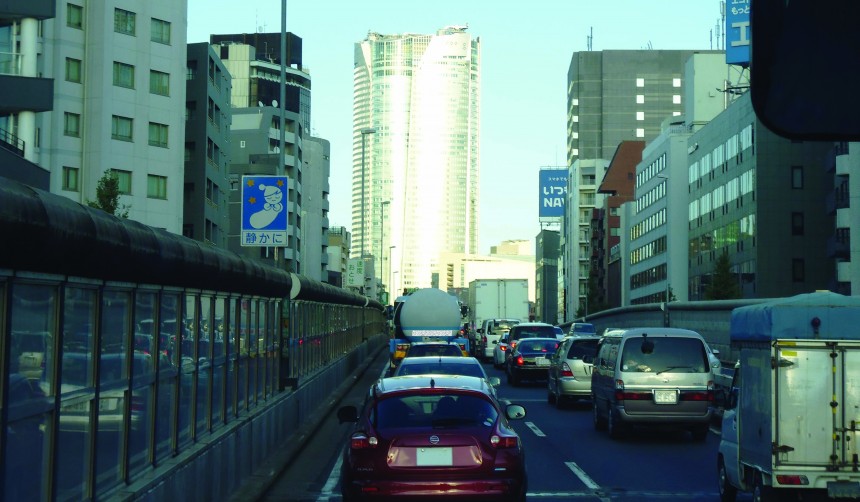
September 10, 2017
Tokyo by Ambulance
A thank you letter to the city's commuters
Choosing a downtown hospital is not a decision made lightly. Not for people like us. West Tokyo people. Suburb people. Yes, when we leave the Kanto Plain and other travelers ask, the answer is always, “yes, we do live in ‘Tokyo.’” But Tokyo, the city, is not where we live. That Tokyo is a pulsing, thumping, thriving place — train cars crammed to the top with salary men in dark blue suits, crosswalks that explode with a nervous energy when the last red dots tick off the electrical sign, and the visual roar of digital sign boards stacked on top of each other, nine stories into the sky, wailing and flashing in seven-second loops. It is what ten million people feels like.
The Tokyo we live in is driveways. It is morning strolls through the park, “ohayou gozaimasu” to strangers on the street, the sound of birds, even if they are crows. We should stay out here for the birth of our second son but we do not. The complications from our first son’s birth point us to the one place in Tokyo we can have this baby in the way we wanted the first, and it is straight downtown into the heart of the beast.
It is our third year in Tokyo, and what I see is not a city that asks what it is you want it to be. It is not trying to be everything to everyone. Tokyo is what it is and demands that you change for it. And since everyone else has done such an exceptional job changing for it, you really stick out when you don’t.
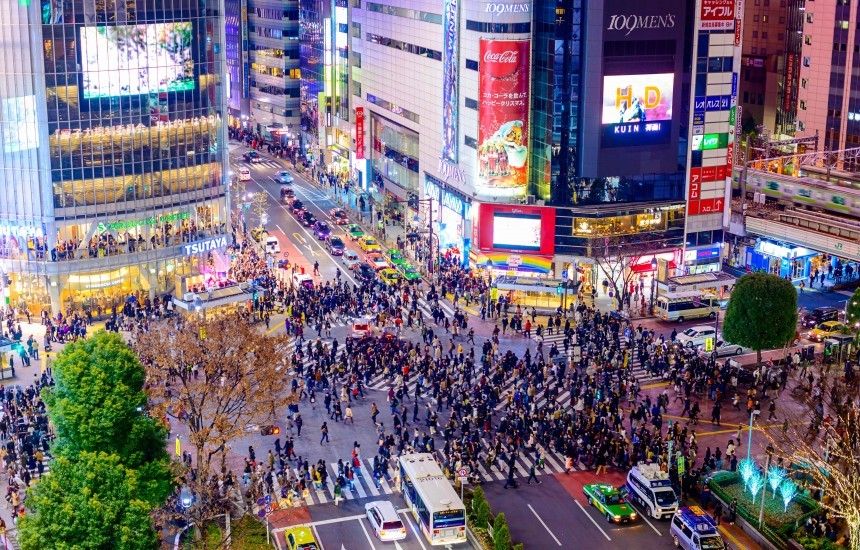
We devise plans. “What if we go into labor at 6 AM? Do we leave right away to beat rush hour?” “What if it’s later? Do we wait until traffic subsides?” The labor for our first son developed slowly, so these conversations have an unnecessary panic to them. I can feel the downtown in my voice. Surely, we will have some leeway.
But the baby comes early. Three weeks before we are ready. It comes early in the day. We start timing contractions at 5:30 AM. And it comes fast. The baby is coming so fast that our downtown window closes in the fifteen minutes it takes me to drop off our first son at hoikuen (daycare). The contractions are no longer dull hums. They are hungry howls. Claws and nails. The school nurses descend on our house and the ambulance is called. I do not speak the language of the paramedics but their hands tell a story; they are trying to hold a baby in.
Living in Japan is teaching me to read the intentions of others, and I know that the paramedics want to take us to the local hospital. If we go there, it will be birth by incision. The doctor is on the phone. The nurse translates for the paramedics. Fifty-six minutes into the city. Rush hour. But the doctor insists we can make it. Do I believe him? What are the consequences if I don’t? And is it right to send an ambulance hurtling down a two-lane highway that is surely bunched up in gridlock? The nurse says that the paramedics will do whatever the doctor says. It is at this moment, I decide that this city will do what I ask it to do. I hand the phone to the paramedic.
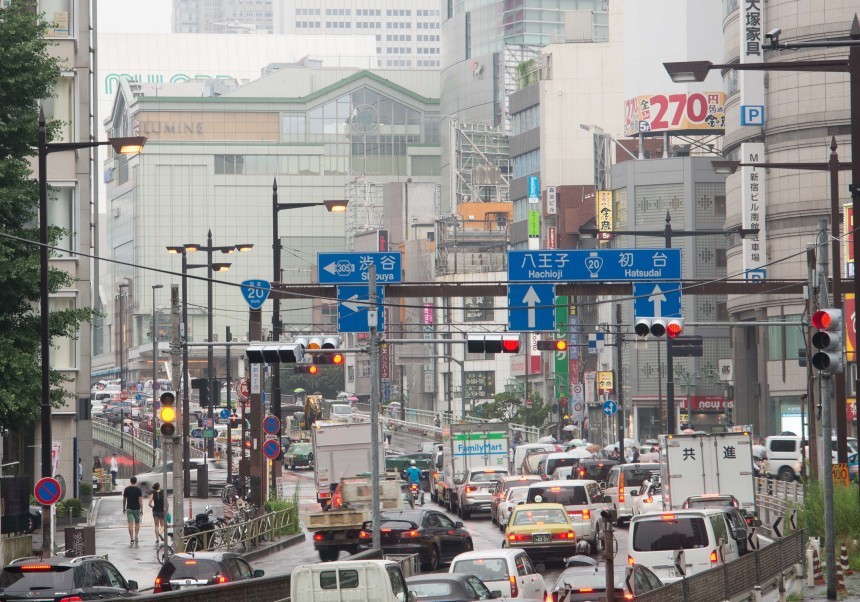
Each time the ambulance slows down, I can see the cars squeeze to the edge of the road, holding onto the tiniest crevice like turtles in a storm. My first sense is guilt. I have inconvenienced these commuters. If we had only left when my wife felt the first contraction … if we had prepared more … if we had not been so selfish as to ask the paramedics to push us through the arterial plaque of the Chuo Expressway’s morning blockage. And then my wife is thrown into another convulsion. Her hand chokes the blood out of mine, and as I count down the throbs of each contraction, I no longer see the cars pulling away but the space they have created. For her. For him. For us. Yes, we stick out, but we would’ve never made it if not for the scream of that ambulance.
So, if you were on the Chuo around 8:30 AM on May 9th, that was us. My initial Tokyo reaction is to say, “I am sorry.” Gomennasai. But that is not my feeling. Our baby is healthy and strong. My wife is happy and free of scars — on her skin and in her heart. The price of a few minutes of your commute is a day my wife and I will remember forever. It is not easy to ask ten million to stop for one, but on this day, I am not sorry I did. So instead, I bow deeply and humbly. Thank you, Tokyo. Arigatou gozaimashita.

